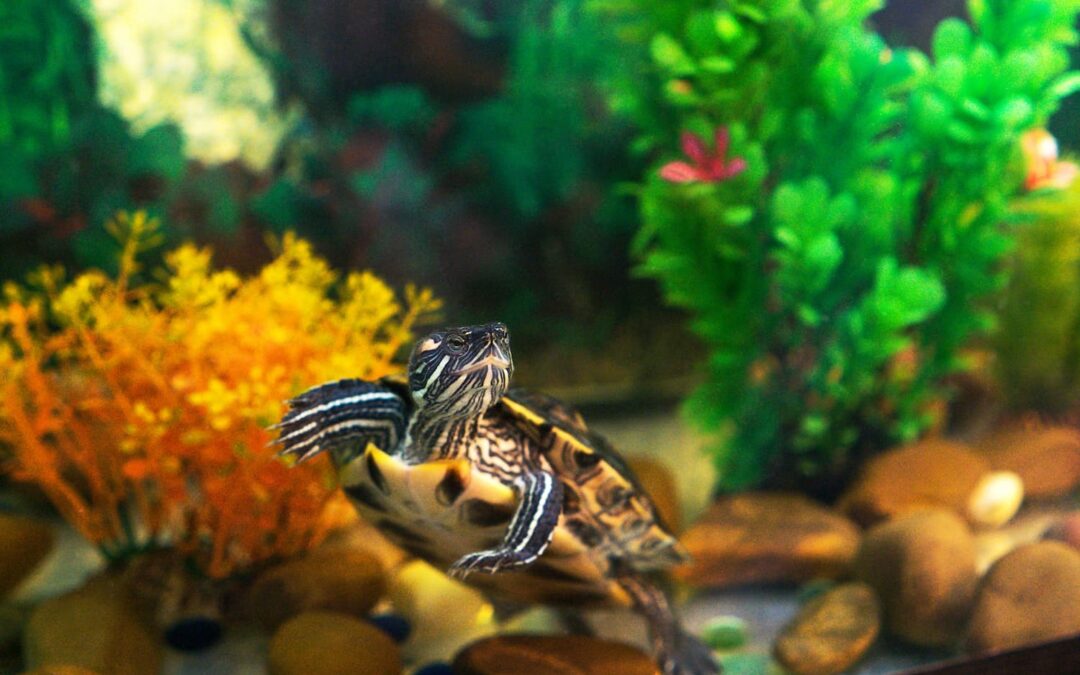Turtles are some of the most captivating creatures on Earth. While World Turtle Day recently reminded us to celebrate these shelled wonders, any day is a good day to reflect on how we can better care for them—whether they live in our homes or swim wild in local lakes and oceans. With their calm demeanor, gentle movements, and ancient presence, turtles continue to capture hearts and deserve our attention year-round.
Whether you’re a proud turtle parent or just curious about these fascinating reptiles, this guide brings together tips for responsible turtle care, easy ways to support conservation, and a few delightful facts to help you fall even more in love with turtles.
Turtle Care 101: What Your Shelled Companion Needs
Caring for a turtle is a rewarding experience, but it comes with unique responsibilities. Unlike cats or dogs, turtles have very specific needs—especially when it comes to habitat, lighting, and diet.
A healthy turtle starts with the right environment. Aquatic turtles need spacious tanks with clean, filtered water and a basking area where they can climb out and dry off under a heat lamp. UVB lighting is important to help them synthesize vitamin D3 and absorb calcium properly. Without it, turtles are at risk for serious health conditions like metabolic bone disease.
Feeding your turtle a balanced diet is equally important. Depending on the species, turtles may need a mix of commercial turtle pellets, leafy greens, live insects, or aquatic plants. Overfeeding—or feeding the wrong foods—can lead to shell deformities or organ issues. Clean water, proper temperatures, and a diverse diet all work together to support a turtle’s well-being.
It’s also smart to keep an eye on changes in behavior. Lethargy, loss of appetite, or irregular basking could signal a health issue. In these cases, seeing a veterinarian experienced with reptiles can make all the difference.
Protecting Wild Turtles: Simple Acts of Conservation
While pet turtles thrive under careful care, their wild counterparts face growing challenges. Habitat destruction, road mortality, pollution, and the illegal pet trade are putting many turtle species at risk.
But here’s the good news: small actions can make a big impact. Avoiding pesticides, supporting wetland conservation efforts, and helping turtles safely cross roads are all easy ways to help. Never take turtles from the wild or release pet turtles into nature—doing so can harm native species and spread disease.
This World Turtle Day, consider making a donation to a turtle rescue or wildlife organization. Better yet, share what you’ve learned with friends and family. Spreading awareness is one of the most powerful conservation tools we have.
Fun Turtle Facts to Make You Smile
Turtles are full of surprises. Here are a few fun facts to brighten your day:
- Turtles have been around for over 200 million years, even outliving dinosaurs.
- The leatherback sea turtle can weigh up to 2,000 pounds and dive over 3,000 feet deep.
- Some turtles can live over 100 years, making them lifelong companions.
- Unlike most reptiles, many turtles can recognize their owners’ voices and even respond to their names.
- The red-eared slider, one of the most common pet turtle species, is known for its distinct red marks near its ears and love of basking.
Turtles are more than slow-moving curiosities—they’re ancient survivors with a quiet charm that endears them to people of all ages.
Expert Turtle Care, Right Here in Oakdale
Turtles need more than just a tank and food—they need knowledgeable care tailored to their species. At Homey Gnome Veterinary Clinic, our team specializes in exotic animals, including turtles, and understands the unique challenges they face.
Whether it’s a wellness check, help with habitat setup, or questions about diet and lighting, we’re here to support you. Call us at (651) 202-3388 to schedule an appointment or explore trusted, vet-approved turtle supplies through our online pharmacy.
Give your shelled friend the expert care they deserve—right here in Oakdale.
Image credit: Envato


